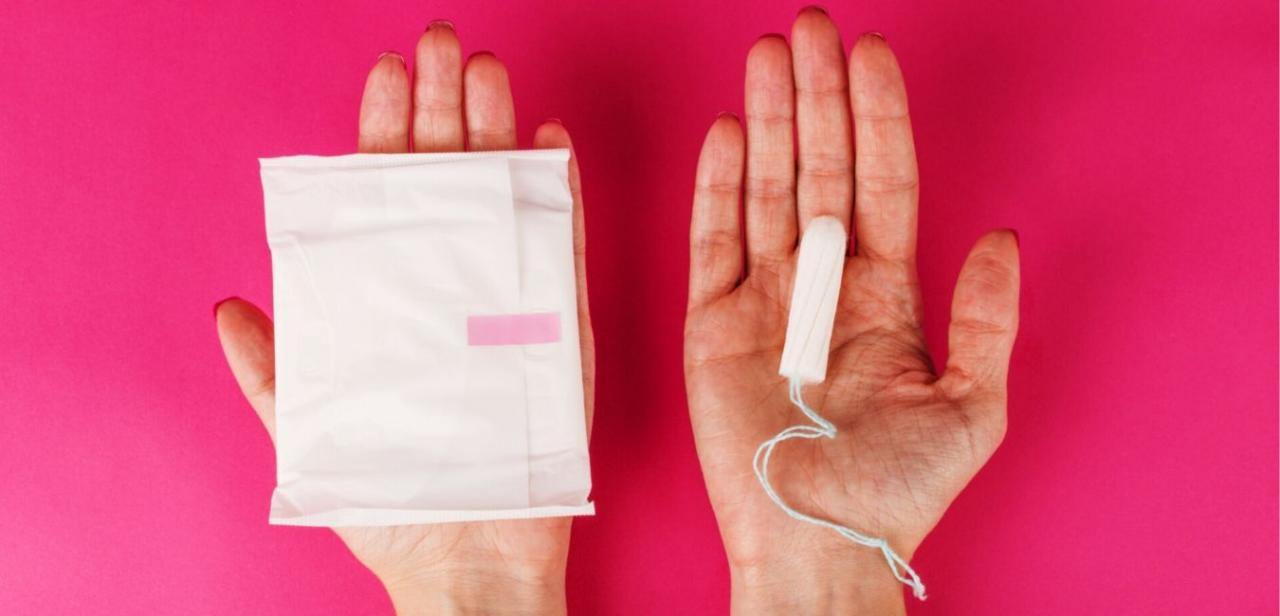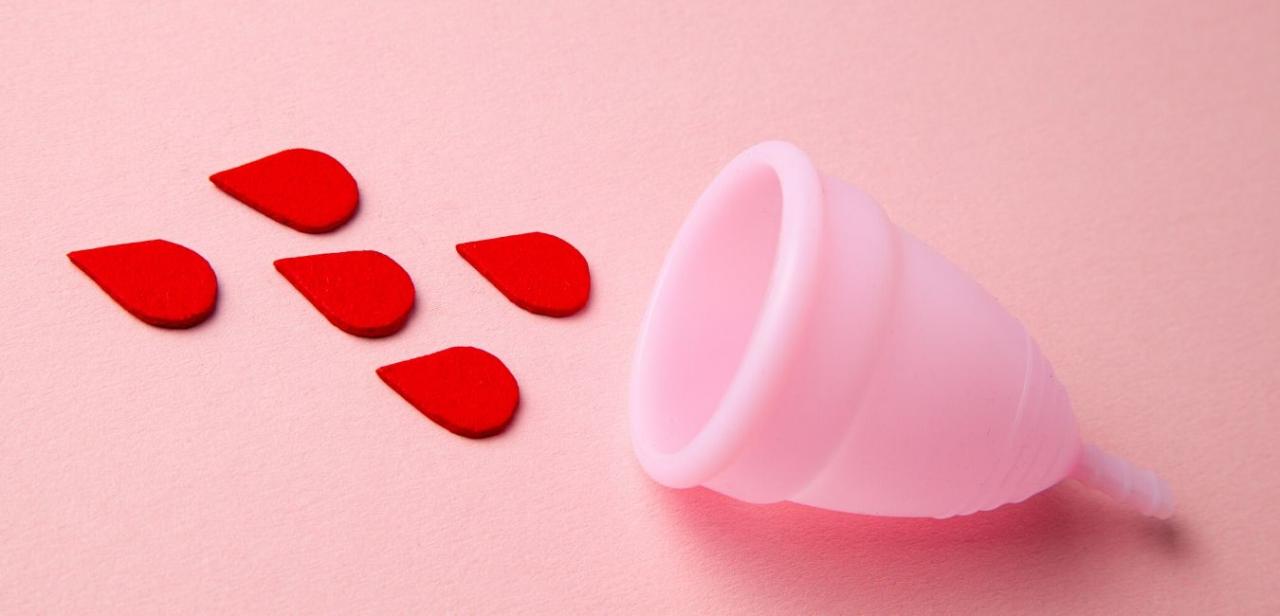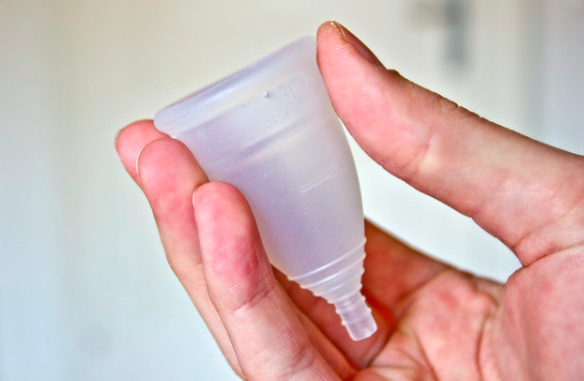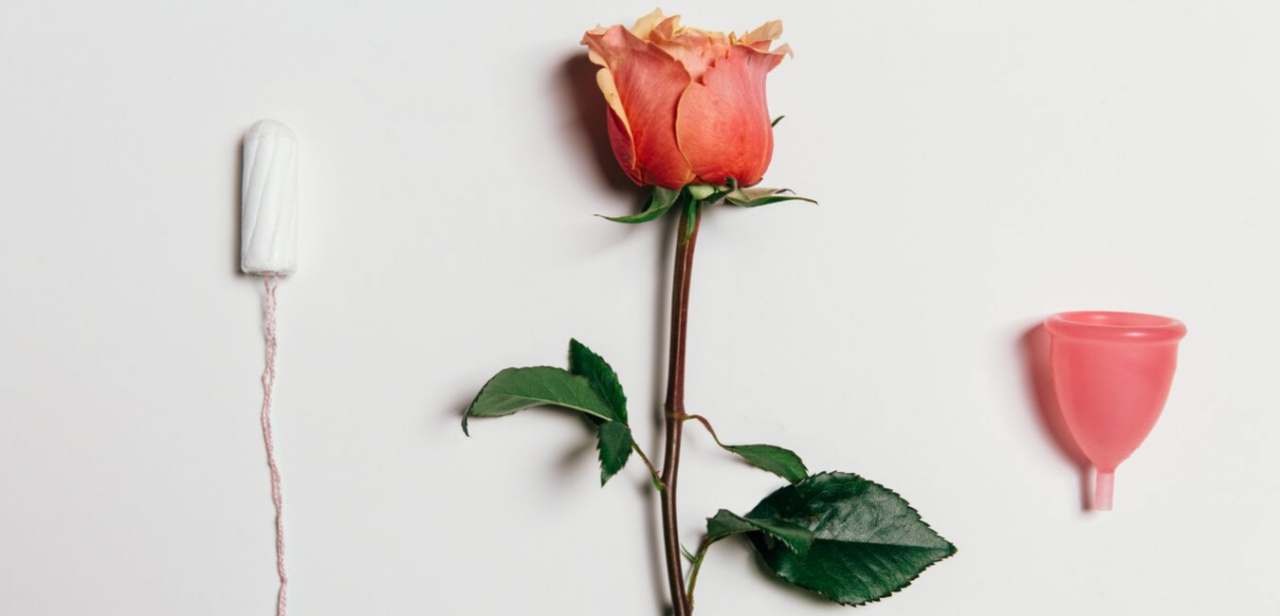 michaeljung/Fotolia
michaeljung/Fotolia
Many of us didn’t get much menstrual education beyond July Blume's book "Are You There God? It’s Me, Margaret."
Even as we've gotten older, some of us still don't know much more about this monthly miracle than the fact that it has an uncanny ability to arrive just when we wish it wouldn’t.
Aren’t we supposed to know how our periods work by the time we are women?
Women have an estimated 450 periods during their lifetimes. Whether it’s your first period or your four hundredth,[1] there is no shame in admitting you don’t know everything.
In fact, a Chinese proverb says, “He who asks a question is a fool for five minutes; he who does not ask a question remains a fool forever.”
Let’s all collectively get out of our fool-dom by starting the conversation with our doctors, who know a lot more about female anatomy than most of us could fit into our craniums.
In the meantime, here are answers to six questions you may have had.
1) Why is my period getting heavier as I am getting older?
“The main reason periods are heavier or lighter is hormones,”wrote Dr. Molly O’Shea, pediatrician. “When you are first starting out with your period, you may or may not have high enough levels of the hormones that trigger the uterine lining to thicken up. Once you have had your period for a few years, these hormones are at your ‘normal’ adult levels, and your periods will be heavy or light depending on who you are. As women get near menopause, the hormone levels get really wacky again and some cycles can be super heavy while others are light.”[2]
The older you get, the more your body figures out where it needs to be. What is normal for you might be irregular for someone else, which is why the meaning of the words “irregular period” are entirely dependent on the history of your cycle.
2) Can I do anything about my menstrual cramps?
The short answer is, “It depends.”
If your menstrual cramps are getting worse with age, it is advisable to see a doctor who may discover identifiable problems such as endometriosis or uterine fibroids.[3]
If they are disrupting your life every month, you need to get to the heart of the matter. If you have been checked out and you are fine but still aggravated, you may have to do some troubleshooting.
Your period is your period, which means that the water bottle trick that worked for your friend might do nothing for you. Many women find that moderate exercise, a healthy diet, and abstaining from alcohol and caffeine can help symptoms.[4]
3) If my periods have always been irregular, is that normal for me?
Thirty percent of women have irregular periods during their childbearing years, according to Dr. Amy Autry, a clinical profession of obstetrics-gynecology.[5]
Let us repeat: 30 percent! A normal menstrual cycle lasts 28 days, plus or minus seven days. This is a pretty big range. If your cycle is outside of this, this can be because the timing of your ovulation varies from month to month.
There may be a prolonged cause for your irregular periods, from chronic stress to weight gain or loss, but some women don’t fit into the normal bell curve. Get a checkup with your doctor to find out if there is any cause for concern, or if this is just the way you are built.
4) Are periods really necessary?
The 450 periods that the average woman has in her lifetime is three times as many as her hunter-gatherer ancestors had. As most women don’t look forward to their periods, it may seem ideal to go without, especially as the “period” during the sugar pill week of birth control is not a real period at all.
Choosing to forego menstruation with the use of oral contraception is recommended by some doctors,[6] while others remain cautious, citing the lack of long-term studies and possible bone density risks. Rely on your individual sources to determine if it is the right decision for you.
5) Does your period change after you have a baby?
Some women report having noticeably easier periods after having a baby. Others insist that their periods worsened after giving birth. How can this be?
Women who had been on the pill for long stretches of time before conceiving sometimes find that their periods go haywire after birth.[7]
In this case, it has more to do with regulating the cycle than it does having the baby. Periods may get erratic for some time after birth, affected by changes in weight and increased stress.
Endometriosis sufferers do sometimes find relief, but many women find the period they had before birth is the period they had after birth. If anything is at all concerning, don’t wait for your yearly physical to figure out the cause.
6) How common is toxic shock syndrome and can it happen with menstrual cups instead of tampons?
It is believed that it is much less likely to get toxic shock syndrome with menstrual cups than super absorbent tampons, which can promote the overgrowth of staphylococcus aureus, or staph.
This bacteria is normally and harmlessly in the vagina, but with rapid growth, it can emit poisons into the bloodstream.[8]
A woman who has given birth is at higher risk for toxic shock, as are women under the age of 30. Toxic shock syndrome has been documented with a menstrual cup.[9]
It is incredibly rare. Less than 1 percent of tampon users are at risk. But it is best to change your tampons and menstrual cups as directed.
Reviewed June 22, 2016
by Michele Blacksberg RN
Edited by Jody Smith
1) Menstruation and Menstruation Suppression Survey. Association of Reproductive Health Professionals. Retrieved 21 June 2016.
http://www.arhp.org/publications-and-resources/studies-and-surveys/menstruation-and-menstrual-suppression-survey/fact-sheet
2) Why do you have heavier periods as you get older? U By Kotex. Retrieved 21 June 2016.
https://www.ubykotex.com/en-us/periods/period-advice/why-do-you-have-heavier-periods-as-you-get-older
3) Diseases and conditions: Menstrual cramps. Mayo Clinic. Retrieved 21 June 2016.
http://www.mayoclinic.org/diseases-conditions/menstrual-cramps/basics/definition/con-20025447
4) Menstrual pain. University of Maryland Medical Center. Retrieved 21 June 2016.
http://umm.edu/health/medical/altmed/condition/menstrual-pain
5) The Facts About Irregular Periods. Everyday Health. Retrieved 20 June 2016.
http://www.everydayhealth.com/pms/irregular-periods.aspx
6) Putting Off Periods. The Pros and Cons of Fooling Mother Nature. U By Kotex. Retrieved 20 June 2016.
https://www.ubykotex.com/en-us/periods/vaginal-and-reproductive-health/putting-off-periods-the-pros-and-cons-of-fooling-mother-nature
7) Rae, Kate. Your Period After Baby. Today’s Parent. Retrieved 20 June 2016.
http://www.todaysparent.com/pregnancy/aunt-flow-worse-than-before-period
8) Understanding Toxic Shock Syndrome: The Basics. WebMD. Retrieved 20 June 2016.
http://www.webmd.com/women/guide/understanding-toxic-shock-syndrome-basics?page=2
9) A confirmed case of toxic shock syndrome associated with the use of a menstrual cup. US National Library of Medicine/National Institutes of Health. Retrieved 20 June 2016.
http://www.ncbi.nlm.nih.gov/pmc/articles/PMC4556184





Add a CommentComments
There are no comments yet. Be the first one and get the conversation started!